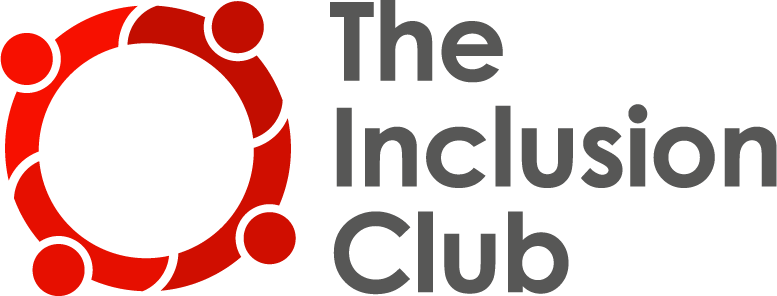Empowerment through Circus Arts
Episode 61: Empowerment through circus arts
Jill Maglio In this episode we talk to Jill Maglio from Holistic Circus Therapy. Jill uses circus activities as a tool to empower people with disability in a wide range of areas. It’s innovative, smart and inclusive. And fun, of course!
Partners: Jill Maglio (Holistic Circus Therapy)
Have you ever been to the circus and on the way out thought ‘how good was that!’ Not only are the skills fantastic to watch but they are great fun to try too. The colour, the movement, the team work, the sense of achievement as you practice and progress through the skills. Circus skills and arts offer so much as an inclusive activity – the skills gained are only a small part of what circus training offers. In late 2014 we had the pleasure of meeting up with Jill Maglio, the founder of Holistic Circus Therapy, an accredited private practice that combines occupational therapy with circus arts to address the health and well-being of individuals and communities.
Jill is one of those people who can never fail to impress you. She’s skilled, committed and has put together an innovative and smart program based on empowering individuals through circus arts. Let’s introduce you to Jill very quickly as she explains what she does and how her practice came about—it’s an interesting story in itself, starting when she was a ‘hippie fire dancer’!
Jill’s practice Holistic Circus Therapy began in Melbourne, Australia in 20015. Jill managed a project with Westside Circus which studied a group of elementary, middle school and high school students of varied ethnic backgrounds and socio-economic status to determine the effects a circus skills program had on the acquisition of life skills. ‘Life skills’ refers to things like self confidence, self-efficacy, problem-solving, trust, communication, leadership and different ways that promote physical, emotional and mental health. She also looked at the effect of circus skills on these variables for people with disability and, not surprisingly, found that circus arts had huge benefits across all these variables with inclusion embedded at all levels. In 2010 Jill moved back to New York and founded Holistic Circus Therapy. Best let Jill describe more about what she does.
Making inclusion work
Jill talked about their goal of achieving a ‘flow state.’ The pure activities used are only the vehicle to achieve broader goals. In other words, they are not ‘activities for activities sake’! It’s about the process and not the product as she says. The broad goal is empowering individuals through the activities so that they not only find them fun but also self motivating. She explains that the model involves different components, including increasing capacities and the grading of tasks. The capacities refer to individual elements of social, emotional, physical and cognitive capacities.
She looks for progression in these and sets goals by grading tasks. So, while the tasks are geared for success, they remain challenging and are structured in a way that everyone makes progress and succeeds. You can imagine that in a group situation this would be a challenge, given the inevitable variance in different abilities. She handles this through restricting the group size and setting achievable tasks for the group to begin with then moving around the group to assist individuals as required. For some that might mean making the task more challenging (harder) or less challenging (easier).
This approach to group work is one of the hallmarks of inclusive instruction in any environment. As Jill says, you need to be in a position to be constantly assessing what is happening for each individual as you move through the group. So it’s actually an individualised program staged within a group setting. Another key to making this work is that the individual goals are very self-driven. The ‘strengths-based’ model looks at what people are good at and build on that. This, of course, is a sustainable program model as individuals determine their own goals over time and develop their own interests in this area away form the program itself. Smart inclusive programming we call it! So do some activities work best?
What can you do?
Therw are a lot of lessons to be learned from Jill’s approach. If you want to learn more about Jill’s work through Holistic Circus Therapy then check out their website, as there are lots of ways you can bring Jill’s work and approach to your back yard—holisticcircustherapy.com.
Episode

About the author: Peter Downs
Founding Director - The Inclusion Club




